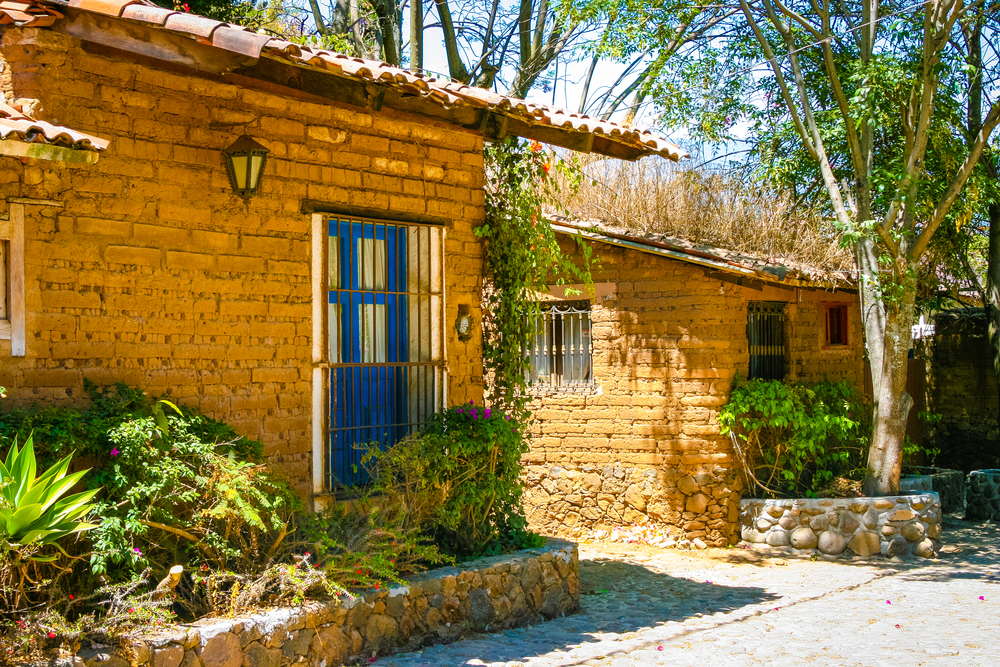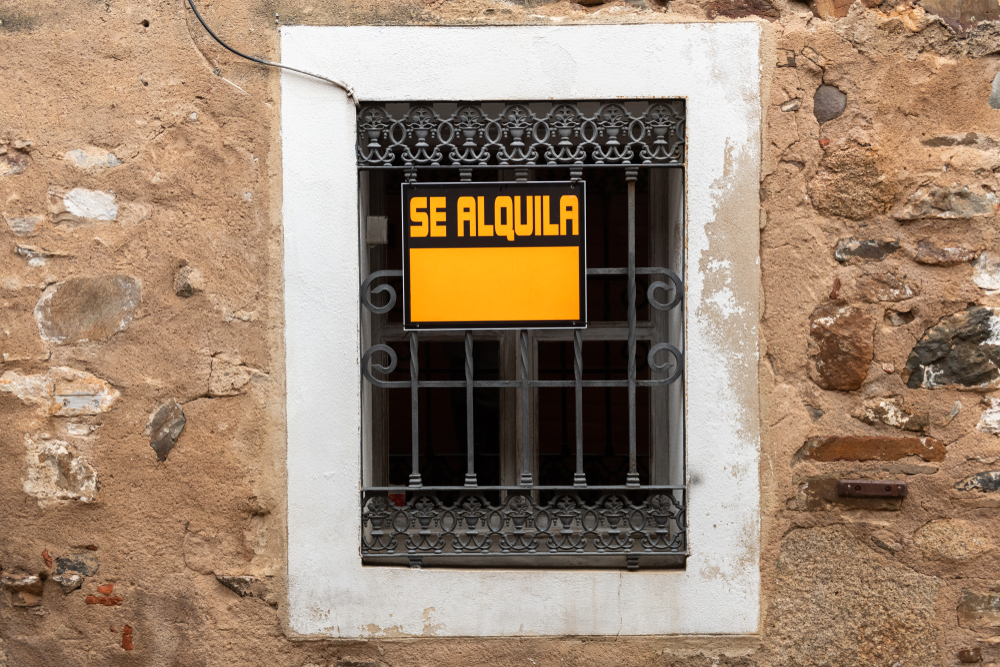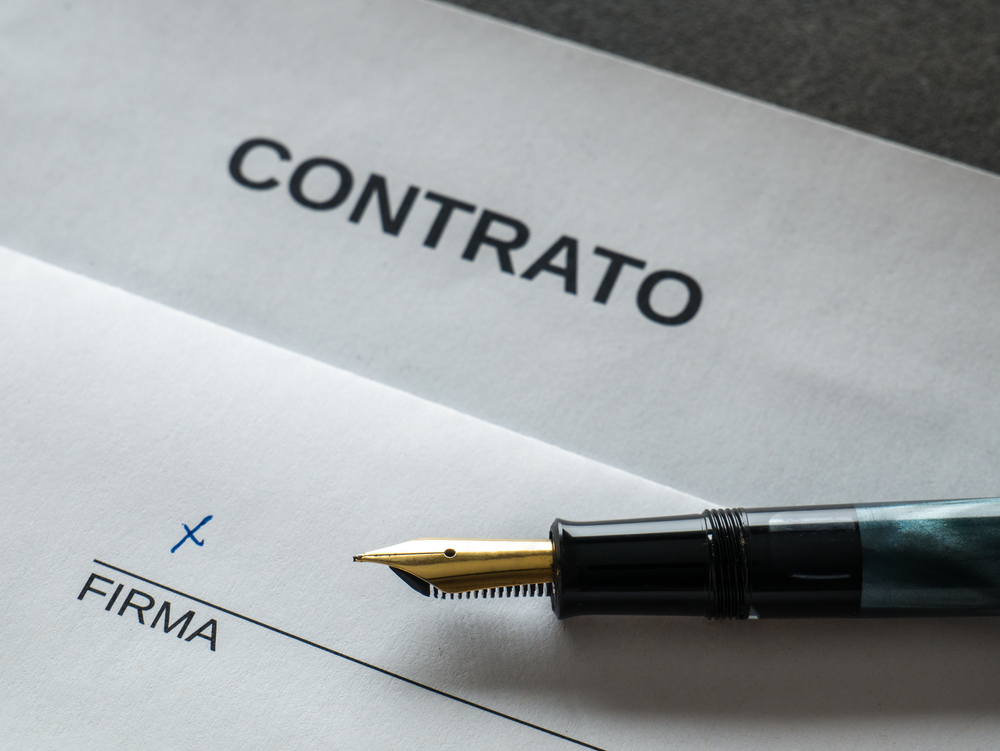Real Estate: Country Rental Fact Sheet
Welcome to Mexico!
Mexico is a popular place for expats to live and work because of its low cost of living, comfortable year-round climate, and friendly, welcoming people. Affordable housing can be found throughout the country, with rental rates mostly dependent on the size and location of the unit as proximity to a city center means higher rates. Centrally located rentals are in high demand, which means they take some determination and perseverance to secure. Apartments are the most common and widely available type of housing, with single-family houses found mostly in outlying areas where a longer commute may be necessary. Expats report that one of the most efficient ways to find housing in Mexico is to hit the pavement and walk neighborhoods of interest looking for rental signs; however, be sure to brush up on your Spanish or bring someone along who speaks the language. Prospective renters beginning their search will benefit from having a translator or multilingual real estate agent as well as extensive English-language property listings and classifieds.
Types of Rental Properties
- Apartments are the most widely available rental property in Mexico. Units typically include a kitchen and living room, along with bedrooms and a small storage area. Some have balconies or access to rooftop gardens. Newer developments are more likely to provide residents with access to common areas such as a gym or laundry facility.
- Single-family houses are the second most common type of rental offered in Mexico. Concentrated in the residential areas of suburban neighborhoods, they provide more privacy as well as space, both indoors and outdoors. Many homes have a yard and outdoor living space known as a terreza, meaning “terrace,” which makes them popular among families. Swimming pools also are common in the more upscale neighborhoods.
Expat Cities
Some of the top places for expats to live in Mexico include Puerto Vallarta, Mexico City, and Guadalajara. The central business districts and downtowns of these metropolises are popular places to reside for those looking to be in the middle of all the hustle and bustle. Those looking for a bit quieter atmosphere, can find residential neighborhoods scattered throughout the city as well as on the outskirts, where rates are more affordable. In addition, the suburbs offer more spacious dwellings including houses.
How to Find a Rental
The best, most effective way to find housing in Mexico is to visit the area you want to live and walk around the neighborhood looking for rental signs. However, if you don’t speak Spanish, it’s best to bring someone along who does. International real estate companies handling sales and rentals such as Century 21 (www.century21global.com/real-estate-properties?loc=Mexico) and Sotheby's (www.sothebysrealty.com/eng/rentals/mex) have English-speaking agents with offices in Mexico that offer listings particularly for expats. Rentals also are commonly advertised online as classified ads on sites such as Craigslist (https://geo.craigslist.org/iso/mx) and Locanto (www.locanto.com.mx/Inmuebles); some of the most popular online portals for rental properties include:
|
|
Rental Rates and Fees
Below is a table of average monthly rental rates for apartments by size and location.
| In City Center | Average Monthly Rate | Range | Outside City Center | Average Monthly Rate | Range |
| 1-bedroom | MXN$12,767 | MXN$8,000–20,000 | 1-bedroom | MXN$7,292 | MXN$4,000–12,000 |
| 3-bedroom | MXN$24,977 | MXN$16,000–40,000 | 3-bedroom | MXN$15,678 | MXN$9,000–25,000 |
- Monthly rental fees are generally quoted as “all inclusive,” meaning that all applicable fees are already factored into the price. If the quoted rental amount is “exclusive,” an additional maintenance fee may be added to the monthly rent.
- The landlord usually pays a fee equivalent to one month’s rent to the real estate agency for their services in securing a tenant.
Lease Terms
Restrictions
Properties can be rented by foreign nationals of all countries. Valid photo identification such as a passport along with proof of residency and employment are generally required by landlords. Some also may request an aval or fiador meaning “guarantor” as a co-signer, which could be someone such as your employer, or for long-term rentals it may have to be a native Mexican who owns property.
Duration
The most common lease term in a Mexican tenancy agreement is 12 months. Those wishing to renew a lease, either the tenant or landlord, must notify the other party at least two months in advance. There also are rental agreements for indefinite periods of time, in which case the tenant or landlord can terminate by providing a 15-day written notice. If a landlord does not notify tenants that their contract is ending, it automatically becomes an indefinite-term lease.
Deposits
A security deposit equal to two times the gross monthly rent (one month’s rent as deposit plus one month of rent in advance) is typically required. Interest is not paid on the deposit.
Pets
Mexico has a reputation of being pet-friendly with many venues allowing pets. Even if a rental has a no-pets policy, some landlords may be willing to negotiate on a case-by-case basis. Pet owners should expect an additional fee to be collected with the deposit.
Legal Issues
- Timely payment of rent is essential. Failure to pay rent for more than 60 consecutive days allows the landlord to initiate eviction proceedings. Landlords also may evict tenants if the residence is used for illegal or immoral purposes, or if the tenant makes structural changes to the building without permission.
- Upon moving to a new residence, you must inform the Mexico Immigration Department, which will update the current address listed on your residency visa. This identification card must be carried at all times.
Amenities
Furnished vs. Unfurnished
Most rentals are unfurnished, usually with only essential appliances such as a hot water heater, refrigerator, and stove. In contrast, single-family houses are likely to come furnished or at least partially furnished with all major appliances. Due to Mexico’s mostly consistent comfortable year-round temperatures, few homes and buildings have central heating or air conditioning. When it gets chilly during the winter months, people typically put on more layers and use electric space heaters. Those using air conditioning during the summer should expect substantially higher electricity bills.
Parking
Most expats do not have cars in Mexico as driving is a hassle and public transportation is convenient and cheap. If parking is available at a rental property in the city center it is likely to be costly, while units in outlying areas may include parking.
Utilities
Most rentals do not include utility service. Electricity, gas, telephone landline, internet and bundled services, water and sewage, and waste and recycling must be secured independently by the renter. A written contract should detail who is responsible for specific utilities.
Telephone Landline
In Mexico, Telmex (www.telmex.com) is the leading telephone landline provider. Unlike some other telecommunications providers, it has a fixed charge for all local landline calls regardless of duration. In addition, Telmex offers internet, mobile phone, and television services with packages available. Services can be arranged, and monthly bills can be paid online, by phone, or in person at the nearest Telmex Service Center.
Internet and Bundled Services
Along with Telmex (www.telmex.com), other popular internet service providers include Megacable (www.megacable.com.mx), Izzi (www.izzi.mx), Totalplay (www.totalplay.com.mx), MAXCOM (www.maxcom.com.mx), and Telcel (www.telcel.com). Fixed-rate packages for bundling internet, telephone landline, television, and cell phone services are available.
Electricity
The main electricity provider in Mexico is the Comisión Federal de Electricidad or CFE (www.cfe.mx/Hogar). You can activate your electricity online, by phone, or in person at one of CFE’s service centers and will be required to show valid identification such as a passport, your rental agreement and, if possible, a CFE bill from the previous owner. Activation requires a deposit, the amount of which varies. Bills are paid monthly or bi-monthly online or at CFE service centers, local banks, or specific businesses throughout the city.
The standard electrical voltage is 127 volts AC, 60 hertz, using the two-pronged type A plug and type B with two prongs and a round pin. European devices, which operate at 230 volts, will require voltage converters or transformers as well as plug adapters. American devices, designed for 110- and 120-volt electricity, can operate in Mexico without any additional equipment.
Water and Sewage
Water and sewage services are provided by each individual municipality. Water use is typically billed every two months. More rural residences connected to a communal well or sewer also are assessed fees.
Gas
Although not available to all residences, piped natural gas (PNG) is provided to some areas by state-owned energy company CFE (www.cfe.mx/Hogar). Those who are not connected to the network, must instead use bottled gas and stationary tanks to store gas purchased from independent businesses to use for cooking and heating.
Waste and Recycling
Solid waste disposal has been a major issue for Mexico, with recycling efforts slow to catch on. Local companies provide customers with containers that are placed curbside for weekly collection. Sometimes separate bins are provided for recyclables; however, most solid waste is collected unsorted from one bin. If containers are not provided, tenants who want to recycle may take materials to the nearest recycling station.
FAQs
Can I negotiate my lease?
The monthly rental of properties can usually be negotiated unless already specified by the landlord. The majority of the negotiations will be regarding a fully “inclusive” monthly price that already factors in maintenance costs. An “exclusive” price does not include these costs, which should be added to determine your total monthly rent.
In addition, when renting an unfurnished apartment or partially furnished apartment, the requirement for additional furniture, appliances, or fittings, can sometimes be negotiated.
What additional fees should be factored in when calculating rent on an “exclusive” lease?
Exclusive leases are subject to a maintenance or management fee that varies based on property and types of services provided. It covers the cost of communal services such as lawn care, security, and pool cleaning.
Should I have renter’s insurance?
Renter’s insurance is advisable but rarely required in Mexico. Depending on the policy, renter’s insurance can cover everything from lost or stolen personal items to property damage due to kitchen fires, plumbing issues, inclement weather, and more. Rates are calculated based on the size of the rental property and the value of furnishings and personal effects. Most insurance companies, in Mexico and worldwide, offer some form of renter’s insurance.
Article written for World Trade Press by Brielle Burt.
Copyright © 1993—2024 World Trade Press. All rights reserved.

 Mexico
Mexico 

